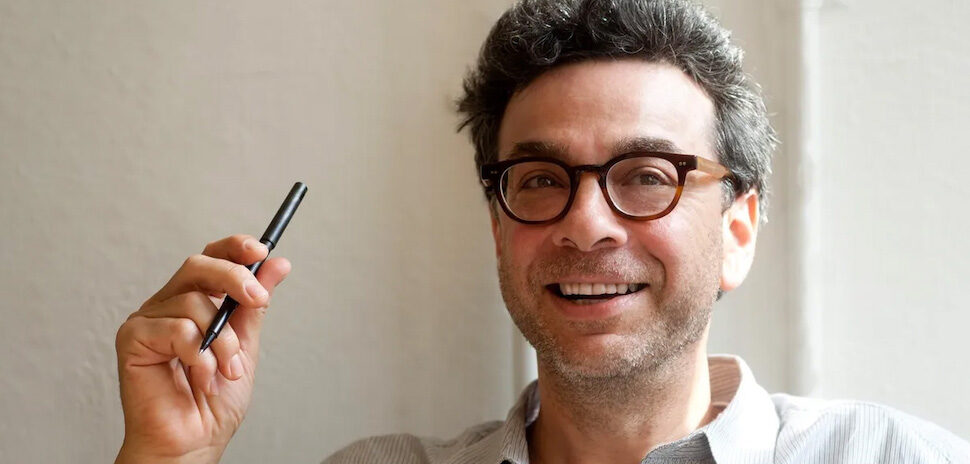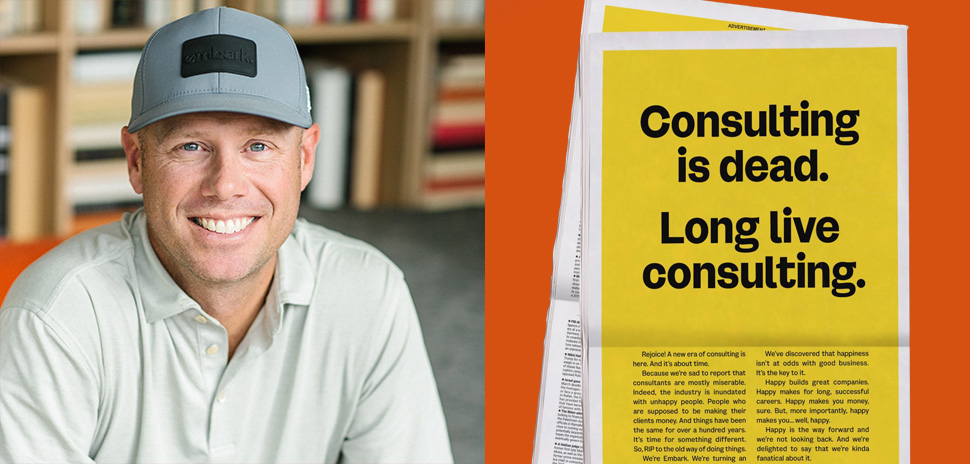When I was a classroom teacher and I told people what I was doing, the most common response I would hear is, “Good for you.” Yes, being a teacher is a good thing to do. But we shouldn’t see being a teacher as a sacrifice; we should see it for the profession it is.
I taught for two years in relatively great circumstances. I lacked critical feedback that I craved from my administration, but had well-behaved students that, for the most part, were excited to learn. I am not speaking from a teacher’s perspective because two years is not nearly enough time to become a professional teacher; I was a novice at best. I write this as a community member who cares about all schools and truly believes that what is most important to a quality school is a depth of high-quality teachers who are willing to adapt to a 21st century world.
To do this, we must do two things. One: we must pay teachers competitive salaries based off standards that look similar to working for a for-profit company. Two: we must look at teachers as professional peers.
Teaching should not be a noble cause or a community service project. Teaching is a career.
What excites me about Dallas—and what I find innovative about our community—is the language that is being used about teachers and the sentiments that are springing up toward them. Teaching should not be a noble cause or a community service project. Teaching is a career. It is a profession that should be exclusive. A profession that is raising its standards as we speak. Future teachers should be pushed to take education courses as undergraduates. Masters degrees should be encouraged and rewarded. More and more of my yuppie friends in this city are turning down offers from big companies or law schools in order to stay in the classroom. And what I believe is special about our community is that our peers who are employed in the for-profit arena are no longer telling teachers “Good for you.” They are responding by treating teachers like peers and engaging with them on an intellectual high level. I think a visitor to Dallas would be surprised by how the average twentysomething talks about teaching as a career.
To tackle pay, the Dallas Independent School District board of trustees, led by then Board President Miguel Solis, passed a pay for performance plan in May of 2014, called the Teacher Excellence Initiative (TEI). It’s a controversial, but innovative move that will benefit our region for years to come. DISD would admit TEI is not perfect, but it allows for two important things. One: pay for performance based off the TEI scorecard; teachers rated “exemplary” get up to a $5,000 raise. Two: it gives principals and district administrators leverage to fire teachers who are not meeting the school’s standards. The starting salary in DISD is now $50,000. I met a young man the other day who is graduating from a very well-respected liberal arts university in the Midwest. He is moving to Dallas to take a job with a well-established tech company in Plano. His starting salary? $50,000.
But we shouldn’t see being a teacher as a sacrifice; we should see it for the profession it is.
So what makes our region innovative when it comes to education? One: our biggest independent school district has implemented a program that treats teachers like professionals; pays them more when they succeed, gives them structured feedback and growth opportunities, and fires them if they fail. Two: the young lawyer is now beginning to see the young teacher as she sees the young consultant; that is, as a professional peer. We cannot measure this, but I argue this makes a world of difference in how young teachers see their professional future. And that is good for all of us.
For a daily dose of what’s new and next in Dallas-Fort Worth innovation, subscribe to our Dallas Innovates e-newsletter.



































































